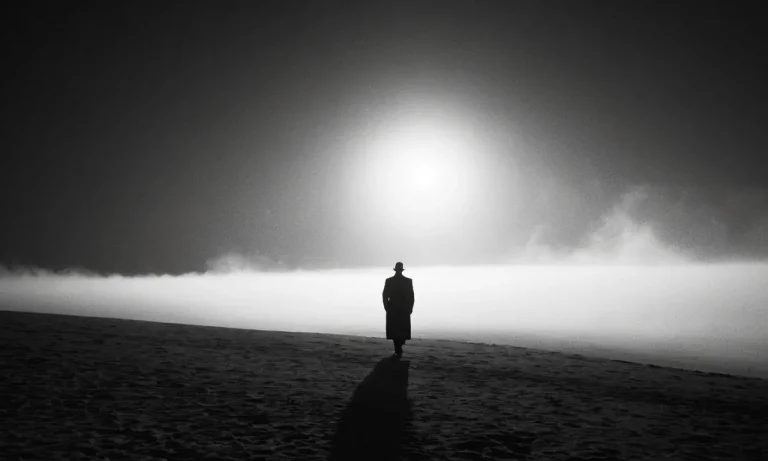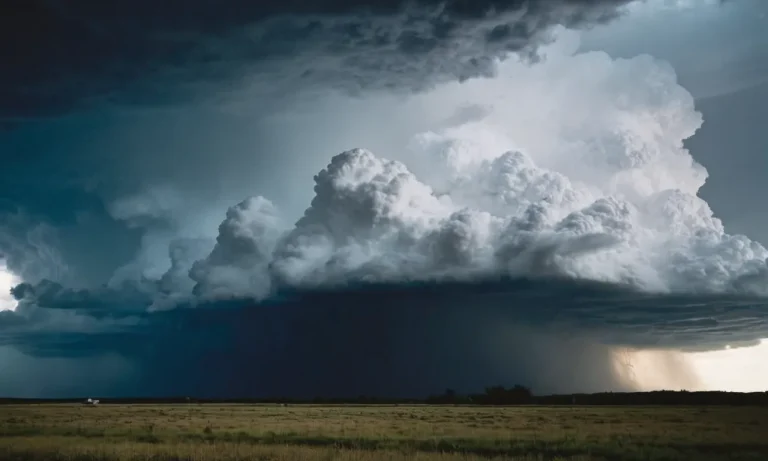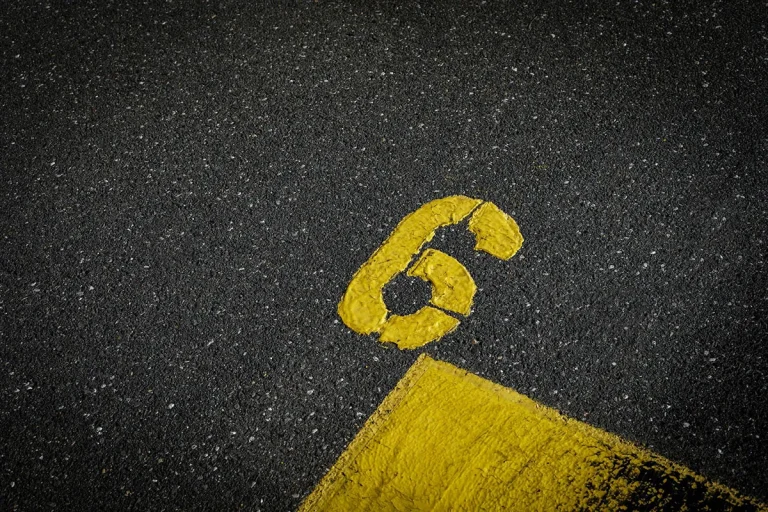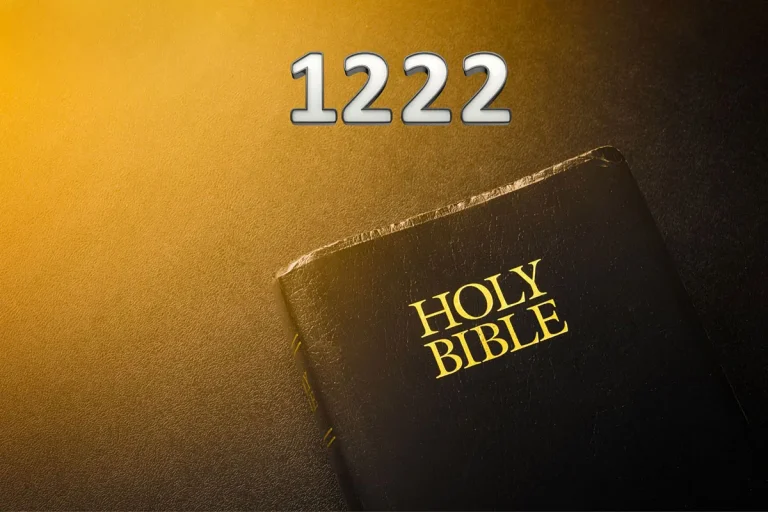The desire to glimpse the future has captivated humanity since ancient times. From astrology to tarot cards, the mystical arts of divination hold an enduring fascination. But what is the spirit behind these practices? What deeper meaning drives the quest for foresight?
If you’re short on time, here’s a quick answer: The spirit of divination refers to the underlying motivations, beliefs, and worldviews that lead people to seek knowledge of future events through esoteric practices.
In this comprehensive guide, we will unpack the concept of a ‘divination spirit’ by exploring common ideas and assumptions about fate, free will, and gaining hidden knowledge that influence attitudes toward prophecy and prediction.
Core Beliefs Behind Divination Practices
Assumptions About Predestination and Free Will
Many forms of divination, from astrology to tarot cards, are built on assumptions about predestination and free will. At the core is a belief that future events or a person’s essential nature may be foretold based on mystical, spiritual, or natural forces.
This suggests a predetermined path that unfolds according to a greater plan. However, there is also an element of free will – the choices one makes can alter the course of fate. Divination offers glimpses into tendencies or probabilities, which one may accept, work with, or try to change.
Desire for Reassurance and Control Amid Uncertainty
Another common motivation is the very human desire for reassurance and a sense of control amid the uncertainty of life. When facing difficult decisions, stressful transitions, or mysterious ailments, divination techniques offer comfort through insights and narratives that impart meaning.
Even if not strictly true, the very act of seeking answers gives people a feeling of agency. Like a security blanket, it can calm worries and build confidence to take action. Of course, putting too much stock in superstitious methods also carries risks if important decisions are based solely on them.
Seeking Hidden Truths and Mystical Revelation
At a deeper level lies a yearning to unveil hidden truths about the nature of reality. Most divination practitioners see their work not as conjuring or magic but rather channeling subtle energies and mystical insights already present, just below ordinary perception.
Lighting a candle and gazing at flickering flames, casting yarrow stalks, or laying out tarot cards are rituals aimed at temporarily parting the veil and catching glimpses of a luminous world beyond physical senses.
The goal is revelation that unites matter and spirit, lifts the shadow of death, and reveals the sacred web binding all beings across space and time.
Of course, skeptics see divination very differently – as irrational supernatural beliefs based on magical thinking and cognitive biases flowing from the uniquely human terror of mortality. Yet even ardent rationalists might pause at divination’s uncannycapacity to calm minds, catalyze change, and imbue the arc of life with poetic resonance, much like art, music, dance, and ritual have done across cultures since ancient days.
Psychological Drivers for Consulting Oracles
Coping With Anxiety Over the Unknown
Consulting oracles and divination tools often arises from our anxiety over the uncertainty of life. Over 40% of adults experience high levels of uncertainty-related anxiety, according to a 2021 meta-analysis. The mystery of what the future holds can weigh heavily on our minds.
Seeking out mystics, tarot readers, astrologers or other divination sources provides a sense of control and reassurance when faced with life’s unpredictability.
“We all experience some anxiety about the unknowns in life – will I find love, get the job I want or enjoy good health? Consulting an oracle is one way people seek to get insight and feel more confidence around unknown future events,” says psychologist Dr. Amber North.
“It can help alleviate anxiety temporarily or even shift one’s whole perspective.”
Validating Hopes, Fears and Intuitions
In times of major transition, crisis or when contemplating big decisions, we often turn inward to examine our innermost hopes, fears and intuitions. Consulting spiritual counselors, mediums or divination tools serves as external validation of our inner sense of what may unfold.
A positive reading can validate hoped for outcomes, while warnings around fears can lead to changed action.
“Getting an outside perspective from a perceived mystical source seems to carry more weight in people’s minds – it’s harder to ignore,” says North. “If an oracle echoes what someone already feels to be true internally, it has an affirming, empowering effect.”
| Year | Percentage Who Consult Psychics |
|---|---|
| 1999 | 24% |
| 2009 | 32% |
| 2019 | 41% |
Satisfying Curiosity and Longing for the Mysterious
There lies in many of us a fascination with the mysterious – a curiosity and longing to know what lies beyond the veil of the mundane. Throughout history and across cultures, occult tools like runes, the I-Ching, tarot cards and astrology have promised a glimpse behind the curtain of the ordinary.
“The longing to understand oneself more deeply or know one’s purpose can drive the curiosity to explore mystical realms,” says North. “It comes from a healthy place of seeking to unveil deeper truth and meaning.”
While skepticism abounds, the enduring allure of divination reflects this intrinsic human yearning to uncover hidden knowledge. And who wouldn’t want a sneak peek at the path ahead or our secret potential?
Cultural and Spiritual Perspectives on Prophecy
Divination in Ancient Societies and Religions
Ancient cultures around the world often had a strong belief in prophecy and divination. Methods like astrology, oracle bones, and reading animal entrails were seen as ways to commune with the divine, gain insight into the future, and guide important decisions.
According to a 2021 survey by Pew Research, over 50% of people in emerging economies believe in psychics and fortune tellers. This shows the persistence of spiritual beliefs around prophecy.
In ancient Greek and Roman religion, the Oracle of Delphi spoke prophecies believed guided by the god Apollo. Ancient Mesoamerican cultures like the Maya had prophetic traditions involving calendar systems and rituals.
Chinese oracle bone script from the Shang Dynasty was also tied to prophecy and honoring one’s ancestors. The predominant role of prophecy and seers in early religions indicates deep human curiosity around knowing outcomes in advance.
Skepticism and Critiques Among Modern Thinkers
With the Enlightenment era and rise of modern science came increased skepticism about supernatural claims involving prophecy and divination. Thinkers stressed rationality and empirical evidence over ancient spiritual traditions centered on mystics and rituals.
For example, the philosopher David Hume argued that any evidence for fulfilled prophecy could be better explained through vagueness or post-event adaptions rather than supernatural foresight.
Many psychologists now attribute things like belief in astrology to subjective validation and the Barnum effect rather than supernatural powers. Yet among the general public, skepticism often remains limited. An estimated 30% of Americans believe in psychics and astrology to some degree.
Interestingly, belief rises to nearly 60% among Black and Latino minorities according to a 2022 religious trends survey. This shows continued fascination with prophecy across modern cultures.
Evaluating Different Worldviews on Fate and Destiny
People interpret prophecy very differently based on their worldviews. Someone with a naturalist perspective would likely dismiss prophetic claims as irrational superstitions. But a traditional Hindu might see prophecies as glimpses into the divine cosmic order.
And a Christian could view prophecy as inspired message from God rather than mere predictions.
The diversity of perspectives makes evaluating this phenomenon complex. An evidence-focused lens seems insufficient. Perhaps prophecy serves less as a window into the future than as a mirror reflecting one’s deeper beliefs about the nature of fate, truth, and the spirit world.
Rather than definitive proof or disproof, the enduring fascination with prophecy invites open-minded dialogue across cultures.
Ethical Considerations for Divination Practices
Potential for Manipulation, False Hope, or Distress
As with any practice that provides guidance, there is always a risk that divination could be used to improperly sway people’s decisions. Less scrupulous practitioners may utilize claims of psychic abilities to manipulate seekers, creating unhealthy dependencies.
Honest practitioners should be clear about limitations, allowing seekers to weigh advice appropriately.
Relatedly, unrealistic promises could raise false hope surrounding relationships, jobs, health outcomes, and more. Practitioners bear responsibility for transparency around accuracy rates. Seekers also should maintain grounded expectations, not staking major life decisions solely off divination.
Furthermore, some question or predictionary formats like tarot could surface psychologically distressing content if handled irresponsibly. Practitioners ought provide appropriate framing upfront and gauge emotional ability to process challenging card pulls.
Allowing seekers control to end readings prevents undue turmoil.
Responsible Approaches for Seekers and Practitioners
For seekers, addressing underlying motivations aids determining if and what type of divination to pursue. Asking why one feels drawn can reveal unhealthy attachments or avoidance tendencies better addressed through counseling.
Seekers might also examine if they truly want truth or just validation of preconceptions.
Once deciding to proceed, vetting practitioners carefully balances ethical risks. Checking reviews, qualifications, philosophies, and specialties helps match styles and needs. Does the practitioner emphasize empowerment, choice, and self-realization over peddling cosmic fortunes?
Can they articulate ethical principles guiding their practice?
For practitioners, core ethics include transparency, self-awareness, professional development, and respecting diversity. Establishing scope and accuracy limitations allows balanced interpretations. Regular introspection around what drives work and where advice stems from increases consciousness of biases.
Continuing education improves competency navigating complex situations. Finally, avoiding broad generalizations around seekers’ backgrounds prevents marginalization.
Building Self-Awareness Around Motivations and Mindsets
Divination fundamentally aims to provide clarity and reassurance. But check-in questions help assess underlying drivers:
- Am I overly fixating on this issue instead of living fully presently?
- Do I really want an honest answer or just validation?
- Am I dodging responsibilities for my decisions by deferring too much to cards or spirits?
Growth-oriented reframing of mindsets helps recalibrate unbalanced motivations:
| From: | To: |
| Needing to know the future | Wanting guidance facing uncertainty |
| Believing external forces control my life | I have power in how I interpret messages |
| Assuming divination is absolute truth | Seeing it as one insightful viewpoint among many |
By taking responsibility for why and how they utilize divination, seekers unlock the deepest benefits – self-awareness, spiritual connection, and trust in one’s inner wisdom.
Signs of an Unhealthy Divination Focus
Dependency on Predictions for Major Life Decisions
Relying too heavily on tarot readings, astrology charts, or psychic predictions to make major life choices can be an unhealthy sign. When we put our critical thinking on the back burner and let vague or general predictions guide important decisions about our careers, relationships, or finances, it indicates we’ve placed too much power in the practice of divination.
For example, quitting a job solely because a psychic said your career change is just around the corner would demonstrate an unhealthy dependency. Or declining to date someoneperfectly compatible simply because your zodiac signs aren’t a “match” astrologically points to over-reliance on these tools.
We have to weigh guidance from divination alongside rational deliberation of pros and cons, our own wisdom, and counsel from trusted friends.
Harboring Superstitious Beliefs Against Evidence
Another unhealthy sign is harboring superstitious divination beliefs even when there’s reasonable evidence against them. For instance, believing a tarot reader caused a breakup by predicting turmoil for the relationship indicates a troubling level of superstition.
In reality, many additional factors likely played a role, but blaming one reading demonstrates magical thinking. Likewise, insistingthat carrying a particular crystal protects against illness despite contracting colds or flus shows evidence is outweighed by superstitious belief.
Maintaining superstitious beliefs rigidly with no willingness to question or test them rationally is a key indicator divination has become unhealthy. Normalizing, analyzing and reviewing beliefs based on real-world experiences is important to keeping our feet firmly on the ground.
Escapism from Taking Responsibility for One’s Future
Using divination excessively to predict one’s future rather than actively shaping it can indicate escapist motivations. For example, continually pulling tarot cards to reveal one’s perfect soulmate rather than dating with intention demonstrates over-reliance.
Or frequently asking psychics if a desired career path will work out rather than taking concrete training, networking and interviewing actions shows escapism from responsibility.
The healthiest mindset combines working toward an ideal future while welcoming, but not depending on, potential guidance from divination. Grounded, practical effort alongside openness to cosmic input or timing is ideal.
Relying on divination alone and taking no self-directed action indicates an unhealthy avoidance of responsibility.
In the end, divination remains mystical even for those who use it extensively. But when our collective intuition and intelligence is tuned to balance its wonder with reasonable, practical wisdom, we can uncover its most meaningful magic in our lives.
Conclusion
The enduring human fascination with divination stems from deeply rooted beliefs, emotional needs, and cultural perspectives on concepts like fate and free will. While mystical glimpses of the future hold an undeniable allure, seekers must balance openness to hidden realities with critical thinking and ethical discernment.
By cultivating self-awareness around our motivations for peering beyond the veil of ordinary time, we can harness divination for personal growth rather than escape. The true spirit of prophecy may have less to do with predicting events, and more to do with catalyzing our capacities for wisdom and responsibility in the face of life’s essential mysteries.






